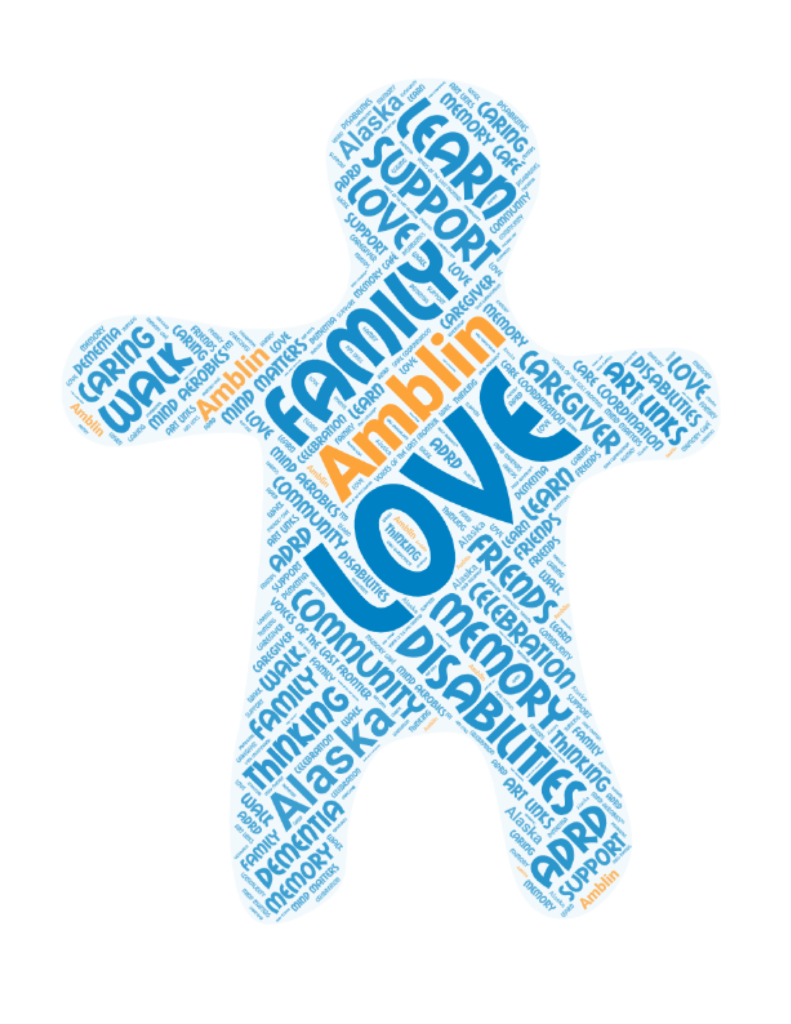
We commonly assume that memory loss is the first sign one is developing dementia. But researchers are now suggesting that a different aspect of thinking called executive function may give the earliest indications that brain changes are forming that can lead to dementia.
In a recent article in the Alzheimer’s Reading Room, author Carol Larkin explained new evidence suggesting that memory loss is not necessarily the first sign of developing dementia. Researchers confirm that memory loss starts showing up eight to 10 years before a diagnosis can be made. But now researchers are also suggesting that those thought processes termed “executive functions” begin to change 18 to 20 years before a dementia diagnosis can be made.
Ms. Larkin suggests that this is “because the screening tools we have today for deficits in that type of thinking just aren’t good enough to show those deficits in people who appear to be fine.”
There are two areas in our brains that manage executive functions. The first is the frontal lobe, which is right where it sounds like it should be, in the front, behind our foreheads. The second is the temporal lobe, which is located on both sides of our head.
None of the things these areas manage involves memory. Together, these areas control things like:
- Reacting successfully to things in our environment
- Making decisions
- Controlling our emotions
- Finding the correct word for the things we use
- Understanding abstract concepts
- Knowing the sequence for completing a task
- Categorizing objects
- Understanding and quickly processing spoken words
- Attention span
- Exercising sound judgment
Most of us don’t associate problems in these areas with the possible development of dementia. We wait to worry until there are noticeable problems with memory.
Ms. Larkin suggests that if we understood this that “perhaps families would ask their doctors to screen their loved ones earlier in the disease process, thus allowing for more time for preparation for what is to come.”
Gay Wellman, R.N., is an education specialist at Alzheimer’s Resource of Alaska.



 Make a Payment
Make a Payment



